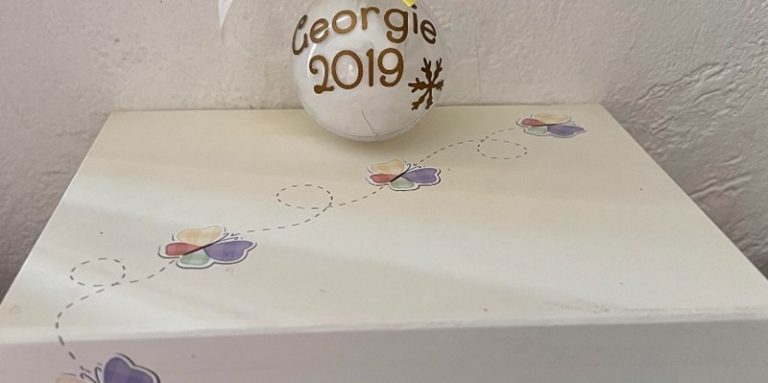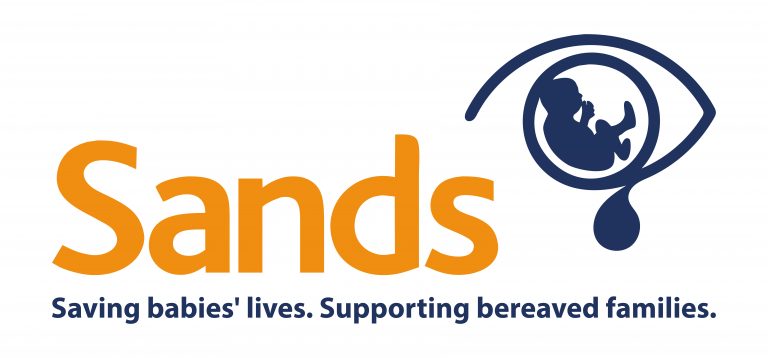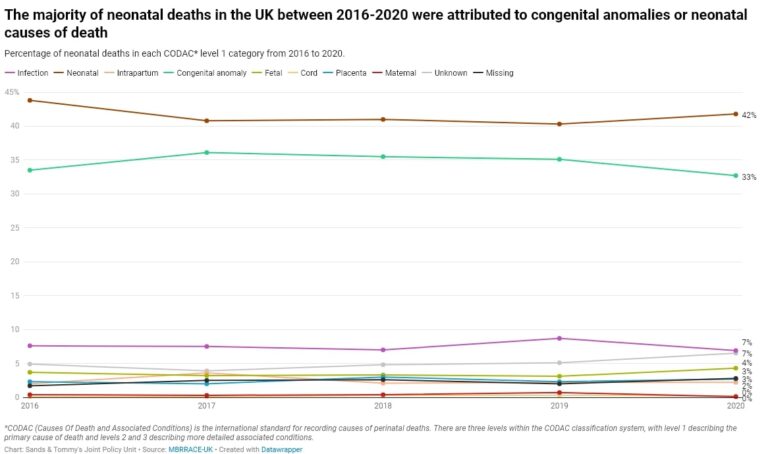
The death of a child, as is the death of anyone close to you, is devastating news for anyone, especially when that devastation happens during pregnancy.
This is something that both my Son Frank Jnr. and Daughter-In-Law Zoe and Daughter Debbie have sadly had to experience.
Frank and Zoe both had tremendous help and support from Sands. In October 2023 they went Sober For October in aid of Sands. They hoped to raise £200 for the Charity Sands and to date have raised £220. WELL DONE to both of them. You can still donate to this here.

In memory of Georgie Parker, 2019. R.I.P.

Frankie And Zoe’s Story
On the 11th of November, 2019 Frankie and Zoe unfortunately lost their baby at 13 weeks old. It was a very traumatizing experience for them. They had to hold their tiny baby in their hands and say goodbye and they will never forget that moment.
They hoped to raise £200 for the Charity Sands and to date have raised £220. WELL DONE to both of them.
You can still donate if you want to and they are appreciative of any amount (via JustGiving) towards this charity that has helped them so much or any help you can give e.g. by simply sharing this post.
About Sands
Sands, the stillbirth and neonatal death charity, operates across the U.K.
They support anyone affected by the death of a baby. Working in partnership with health professionals they ensure that bereaved parents and families receive the best possible care. They promote improvements in practice and funding research that could help to reduce the loss of babies’ lives.
They depend on the amazing energies of their supporters to raise the vital funds that they need to deliver the wide range of services that they offer.
Donate
You can donate to Frankie and Zoe’s Sober For October appeal on their JustGiving page by clicking here.
Blog Posts
Notes And Links
The image at the top of this page is copyright of Frank Parker Jnr.
Sands – The image shown at the top of this page is the copyright of Sands and comes from their official website.


